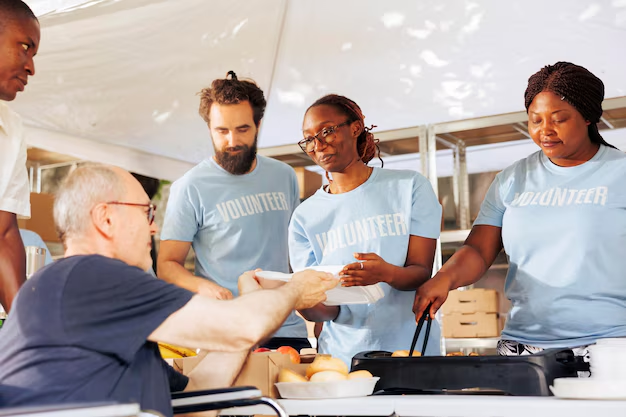Finding Shelter and Support in San Diego
San Diego, renowned for its stunning coastline and vibrant culture, is also home to a significant population grappling with homelessness. For those in need, finding a reliable homeless shelter in San Diego can be a lifeline. These shelters offer more than just a bed; they provide crucial support services that can set individuals and families on the path to stability.
How to Access Homeless Shelters in San Diego
Navigating the process of accessing shelter can be daunting, but numerous resources are available in San Diego to help. Shelters like Father Joe's Villages, the Alpha Project, and the San Diego Rescue Mission provide emergency and transitional housing options. Each of these organizations offers services tailored to meet the diverse needs of the homeless population, including mental health support, job training, and family reunification services.
- Father Joe’s Villages: One of the largest support networks, offering emergency housing, meals, healthcare, and job training.
- Alpha Project: Known for its supportive housing and addiction recovery programs, focusing on self-sufficiency.
- San Diego Rescue Mission: Provides holistic recovery programs with a focus on education and vocational training.
These shelters often have outlined steps for entering their programs, which typically include an intake interview and assessment to tailor support to individual needs. It's advisable to contact these organizations directly or visit their websites for the latest information on availability and entry requirements.
Beyond Shelter: Government Aid and Financial Support
While finding a homeless shelter provides immediate relief, long-term solutions often require financial stability. Fortunately, San Diego offers several government aid programs aimed at fostering self-reliance among the homeless.
- CalWORKs: A welfare program providing temporary cash aid along with employment services.
- General Relief: Offers cash assistance to eligible individuals with limited or no income.
- Rental Assistance Programs: These can help bridge housing costs to prevent homelessness.
In addition to government programs, individuals can explore financial assistance options like debt relief services, which offer guidance and solutions for managing and reducing debt. Programs that offer assistance with utility bills, food, and healthcare are also invaluable for those trying to regain financial stability.
Taking the Next Steps: Educational and Vocational Opportunities
Education serves as a cornerstone for long-term financial stability. San Diego provides numerous educational opportunities for individuals recovering from homelessness.
- San Diego Continuing Education: Offers free adult education and job training courses.
- Community College Scholarships: Many local colleges offer scholarships and financial aid specifically for those with a background of homelessness.
These programs equip participants with skills that enhance job prospects, leading to sustainable income and a more secure future.
Resources at a Glance
Here's a quick guide to the resources available for those seeking assistance in San Diego:
- 🏠 Homeless Shelters: Father Joe’s Villages, Alpha Project, San Diego Rescue Mission.
- 💵 Financial Programs:
- CalWORKs
- General Relief
- Debt relief options
- 🎓 Education & Vocational Training:
- San Diego Continuing Education
- Community college scholarships
Finding shelter and financial support is often the first step toward rebuilding a stable life. With the resources and programs available in San Diego, individuals affected by homelessness have accessible pathways to recovery and self-sufficiency. Encouraging exploration of these resources can lead to a renewed sense of hope and opportunity.

